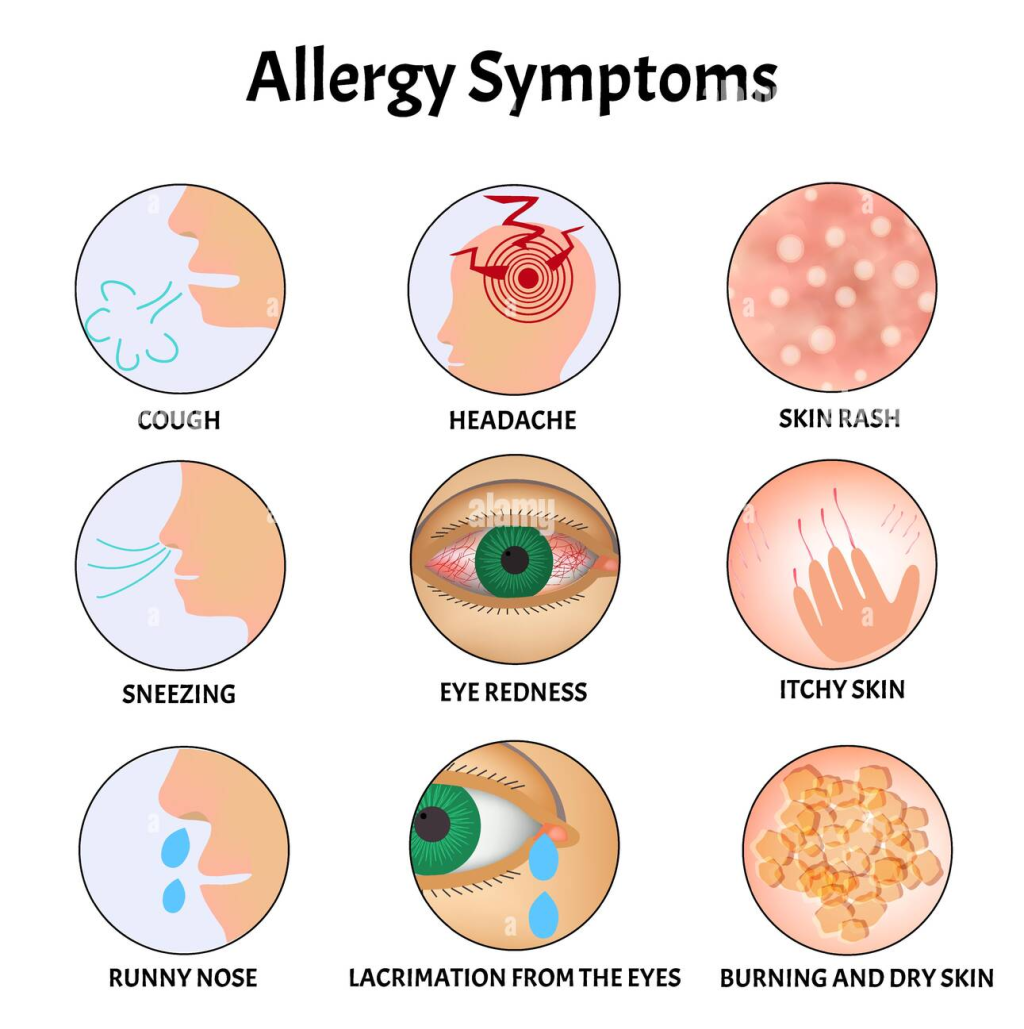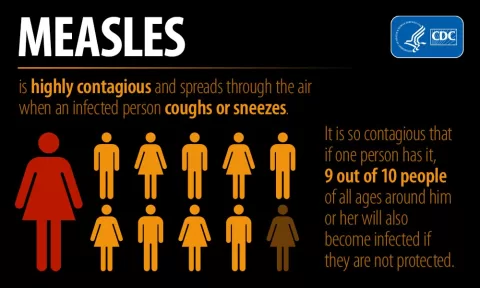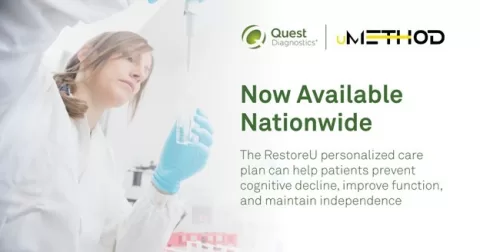Allergies are a common yet often misunderstood health concern that affects millions of individuals globally. These immune system reactions can lead to various symptoms of allergies, ranging from mild discomfort to severe health challenges, particularly when it comes to food allergies. Effective allergy management is essential for those suffering from these conditions, as it helps mitigate the impact of allergens on daily life. Recent advancements in allergy research have paved the way for innovative allergy treatment options, making it crucial for individuals to stay informed about their choices. In this article, we will dive deeper into the nature of allergies, how to identify their symptoms, and the latest strategies for managing them efficiently.
When discussing hypersensitivity reactions, commonly known as allergies, it’s important to recognize the various forms these responses can take. Often triggered by substances like pollen, animal dander, or specific foods, these abnormal immune reactions can lead to a host of symptoms ranging from respiratory issues to skin irritations. Understanding the mechanisms behind these reactions is vital for effective allergy management and treatment. Whether you are dealing with seasonal sensitivities or serious food intolerances, gaining insight into the latest allergy research can empower you to take control of your health. This comprehensive guide will explore the intricacies of allergic reactions and provide practical advice for navigating their challenges.
Understanding Common Allergy Symptoms
Allergies present a myriad of symptoms that can vary significantly among individuals. Commonly, symptoms like sneezing, nasal congestion, and itchy eyes arise when the body encounters allergens such as pollen or dust. These reactions are part of the immune system’s response, which erroneously identifies these harmless substances as threats. Recognizing these symptoms is crucial for effective allergy management, as it allows individuals to take appropriate measures to avoid triggers and seek timely treatment.
In certain cases, allergies can lead to more severe symptoms, particularly in children. For instance, food allergies may manifest through digestive issues like nausea and vomiting, alongside skin reactions such as hives or rashes. It’s essential for parents to monitor their children’s reactions closely, as early recognition of these symptoms can facilitate prompt medical intervention and prevent potential complications.
Frequently Asked Questions
What are the most common symptoms of allergies?
Common symptoms of allergies include sneezing, nasal congestion, itchy eyes, throat irritation, skin rashes, hives, and digestive issues such as nausea or diarrhea. Breathing difficulties like wheezing or shortness of breath can also occur, especially in individuals with asthma. Recognizing these symptoms is essential for effective allergy management.
How can I manage food allergies effectively?
Effective management of food allergies involves strict avoidance of known allergens, reading food labels carefully, and educating yourself and others about your allergies. Carrying an epinephrine auto-injector is crucial for severe reactions. Additionally, recent advancements in allergy research, such as gradual exposure therapy, may provide new strategies for managing specific food allergies.
What are the latest advancements in allergy treatment?
Recent advancements in allergy treatment focus on innovative approaches like gradual exposure therapy for food allergies, allergy education programs for families, and increased understanding of lesser-known symptoms in children. Staying informed about these developments can greatly enhance your allergy management strategy.
How can I differentiate between allergies and cold symptoms?
To distinguish between allergies and cold symptoms, note that allergy symptoms often appear immediately upon exposure to an allergen and can last as long as the exposure continues. In contrast, cold symptoms typically develop over a few days and resolve within a week. Allergies are more likely to cause itchy eyes and rashes, while colds may include fever and body aches.
What should I know about allergy research and its impact on management?
Ongoing allergy research is critical for improving allergy management. Recent studies explore innovative therapies, such as gradual exposure for peanut allergies, and initiatives like allergy education for families. Understanding these research findings can empower patients to adopt more effective strategies for managing their allergies.
| Key Points | Details |
|---|---|
| What Are Allergies? | Allergies are abnormal immune responses to typically harmless substances. |
| Common Symptoms | Sneezing, itchy eyes, rashes, digestive issues, and breathing difficulties. |
| Recent Research | New therapies for peanut allergies, allergy education initiatives, and recognition of symptoms in children. |
| Differentiating Allergies and Colds | Allergies have immediate onset and persist with exposure; colds develop over days. |
Summary
Allergies are a significant health concern affecting millions globally, leading to discomfort and serious health challenges. Understanding allergies is crucial for effective management, including recognizing symptoms, staying informed about recent treatment developments, and differentiating them from colds. With new research shedding light on innovative management strategies, individuals dealing with allergies can empower themselves by staying updated and consulting health professionals for tailored advice. By being proactive, those affected can significantly improve their quality of life and manage their allergic conditions more effectively.
The content provided on this blog (e.g., symptom descriptions, health tips, or general advice) is for informational purposes only and is not a substitute for professional medical advice, diagnosis, or treatment. Always seek the guidance of your physician or other qualified healthcare provider with any questions you may have regarding a medical condition. Never disregard professional medical advice or delay seeking it because of something you have read on this website. If you believe you may have a medical emergency, call your doctor or emergency services immediately. Reliance on any information provided by this blog is solely at your own risk.







